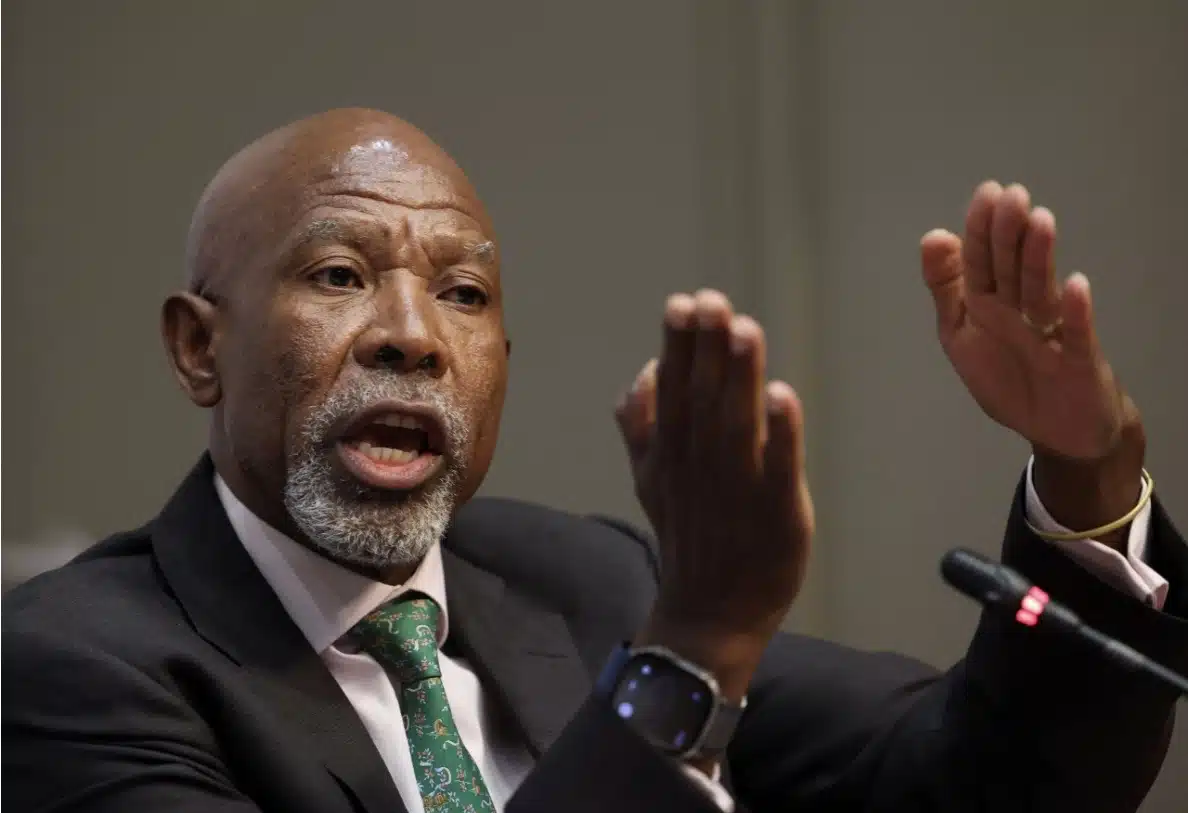Mauritius is rolling out new measures to attract wealthy investors beyond its booming real estate sector as it grapples with rising public sector debt, which has raised concerns both domestically and internationally.
The government aims to channel more foreign capital into financial services and other key industries as part of a broader fiscal consolidation strategy.
In an interview on Thursday, Junior Finance Minister Dhaneshwar Damry said Mauritius is keen to “tap into the ultra-wealthy segment” by encouraging high-net-worth individuals to set up family offices and invest in sectors beyond luxury property.
A fiscal wake-up call
The urgency behind these policy shifts became evident after an audit uncovered miscalculations in the previous government’s budget.
As a result, Prime Minister and Finance Minister Navinchandra Ramgoolam revised the nation’s GDP growth forecast for last year down to 5.1% from 6.5%, while also raising debt and budget-deficit projections.
The government is now targeting a reduction in public sector debt to 77% of GDP in the short term, down from a provisional 87% recorded in December.
Public sector debt refers to the total money owed by a government to domestic and international creditors, typically borrowed to fund public spending and cover budget deficits.
A February report by financial solutions firm Swan Capital Solutions highlighted the alarming rise in Mauritius’ public sector gross debt, which surged from MUR 238 billion in 2014 to MUR 559 billion by mid-2024.
Global credit rating agency, Moody’s has taken notice, revising its outlook on the country from ‘stable’ to ‘negative’ while maintaining its investment-grade Baa3 rating.
While Mauritius remains Africa’s second-highest-rated economy after Botswana, the downgrade warning underscores growing international concerns over fiscal sustainability.
A strategy beyond spending cuts
With debt levels soaring, analysts say cutting government expenditure alone won’t be enough to stabilise public finances.
As part of its debt-reduction plan, the government is shifting focus to diversifying foreign direct investment (FDI).
While real estate accounted for a staggering 70% of FDI inflows in the nine months through September 2024, authorities now aim to boost investments in financial services and other productive sectors so that they represent at least half of total inflows.
Expanding the mandate of the Economic Development Board, which oversees the property investment programme, is among the strategies under consideration to direct capital into new areas.
With the next budget set for June, Mauritius has little time to prove that its fiscal consolidation efforts can restore confidence and stabilise its economic outlook.









